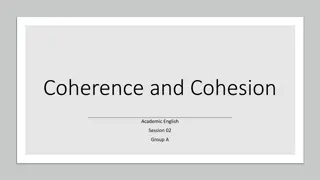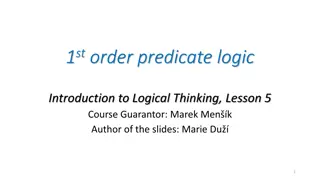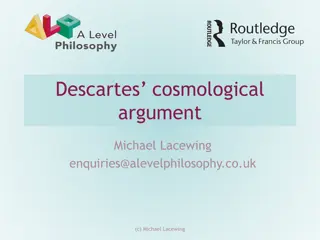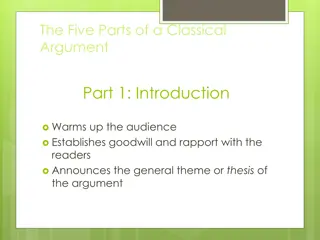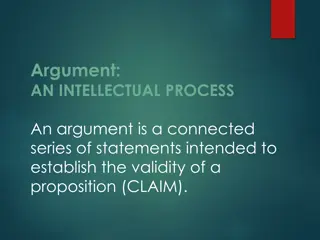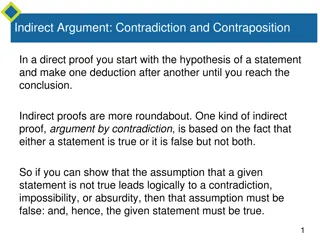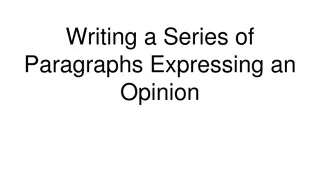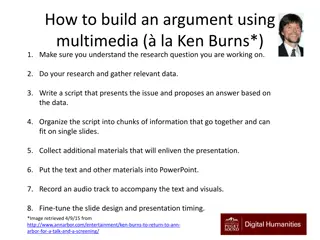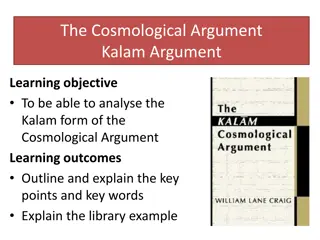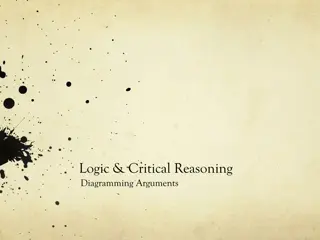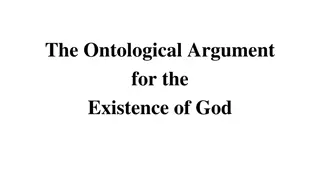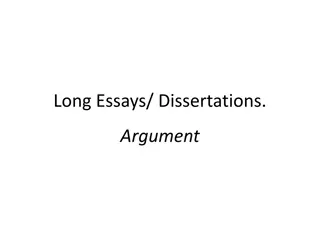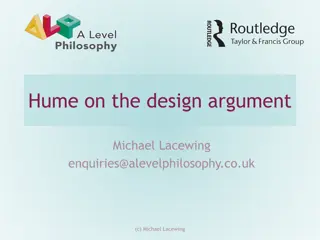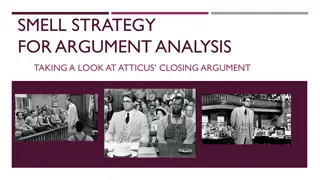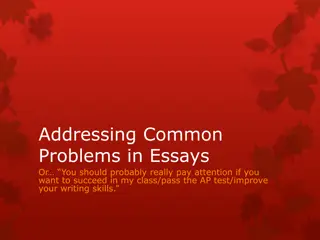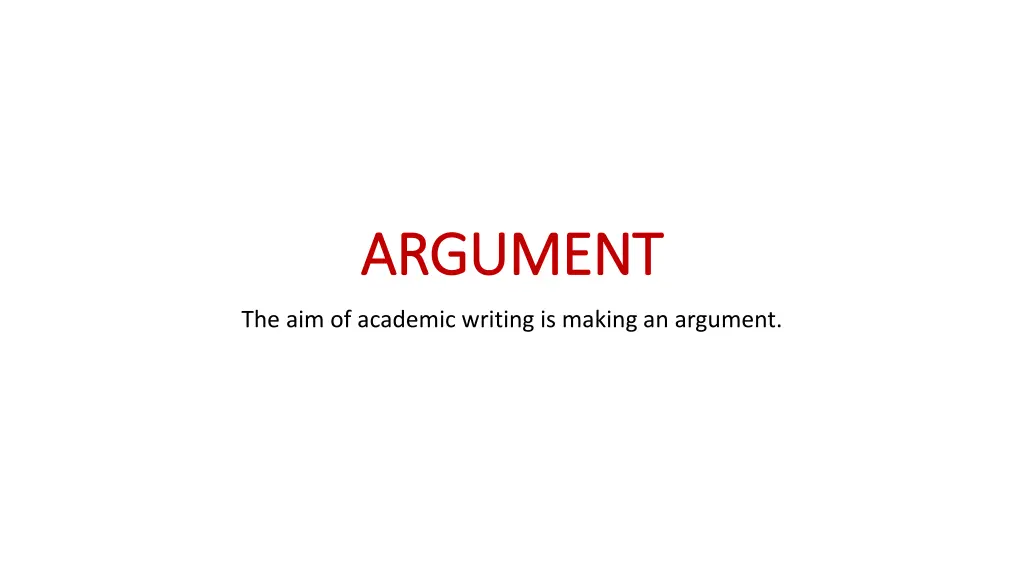
Mastering Academic Writing: Essential Strategies and Tips
Learn the key elements of academic writing, including how to craft a strong argument, support it with evidence, address counterarguments, maintain critical distance, and conduct research critically. Enhance your writing by mastering the art of making convincing arguments backed by evidence.
Download Presentation

Please find below an Image/Link to download the presentation.
The content on the website is provided AS IS for your information and personal use only. It may not be sold, licensed, or shared on other websites without obtaining consent from the author. If you encounter any issues during the download, it is possible that the publisher has removed the file from their server.
You are allowed to download the files provided on this website for personal or commercial use, subject to the condition that they are used lawfully. All files are the property of their respective owners.
The content on the website is provided AS IS for your information and personal use only. It may not be sold, licensed, or shared on other websites without obtaining consent from the author.
E N D
Presentation Transcript
ARGUMENT ARGUMENT The aim of academic writing is making an argument.
Making an Argument Making an Argument Expressing a point of view on a subject and supporting it with evidence. That will be your interpretation of the material you evaluate in our research. In academic writing, as well as presenting your own interpretation, you might question the interpretations of others by defending them or refuting them
Argument=Claim=Thesis Statement Argument=Claim=Thesis Statement An argument must be backed up with evidence that supports it. You hold a position, a certain standpoint, and prove why it is a good position to hold. The evidence must be strong; it should be relevant to the argument. The way you use the evidence must be convincing.
Counterargument Counterargument Anticipating and addressing counterarguments strengthens your own argument and shows that you have a deep understanding of the issue your are discussing. By considering what someone who disagrees with your position might have to say about your argument, you dispose of some of the reasons your audience might have for not accepting your argument. That way you will leave your reader with a sense that your argument is stronger than opposing arguments.
Critical Distance Critical Distance Both when presenting your own argument and refuting the counterarguments be objective. Do not take sides. Do not attack your opponents. Do not use emotional language. (ex: unfortunately, these poor people were left without any provisions)
CRITICAL DISTANCE CRITICAL DISTANCE RESEARCH Evaluate the sources carefully the quality of the source the agenda of the writer WRITING Avoid opinions and assumptions Avoid emotional involvement Take time off from your own text


